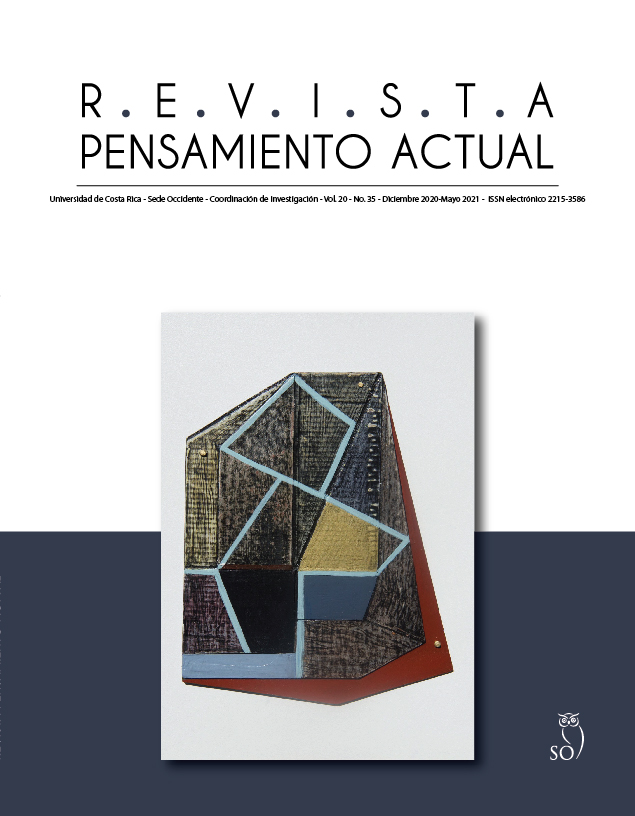Abstract
The aim of this paper is to elucidate how the figure of indigenous pótoes, according to their stereotyped account in the malecu narrative, contributed to the conformation of the in-group’s identity, and at the same time, it worked as moral incentive. Regarding to the identity configuration, it’s exposed five key stereotypes (on beauty, on intellectuality, on emotions, about laborious conduct, and sexual conduct) that the malecu conceived about the pótoes, in order to explain how these presuppose the image that the in-group had on themselves. As to the moral incentive, it develops how the visualization about the pótoes, implied the rejection of some practices considered negative that a malecu should not perform, as well as the acknowledgement to follow others.

